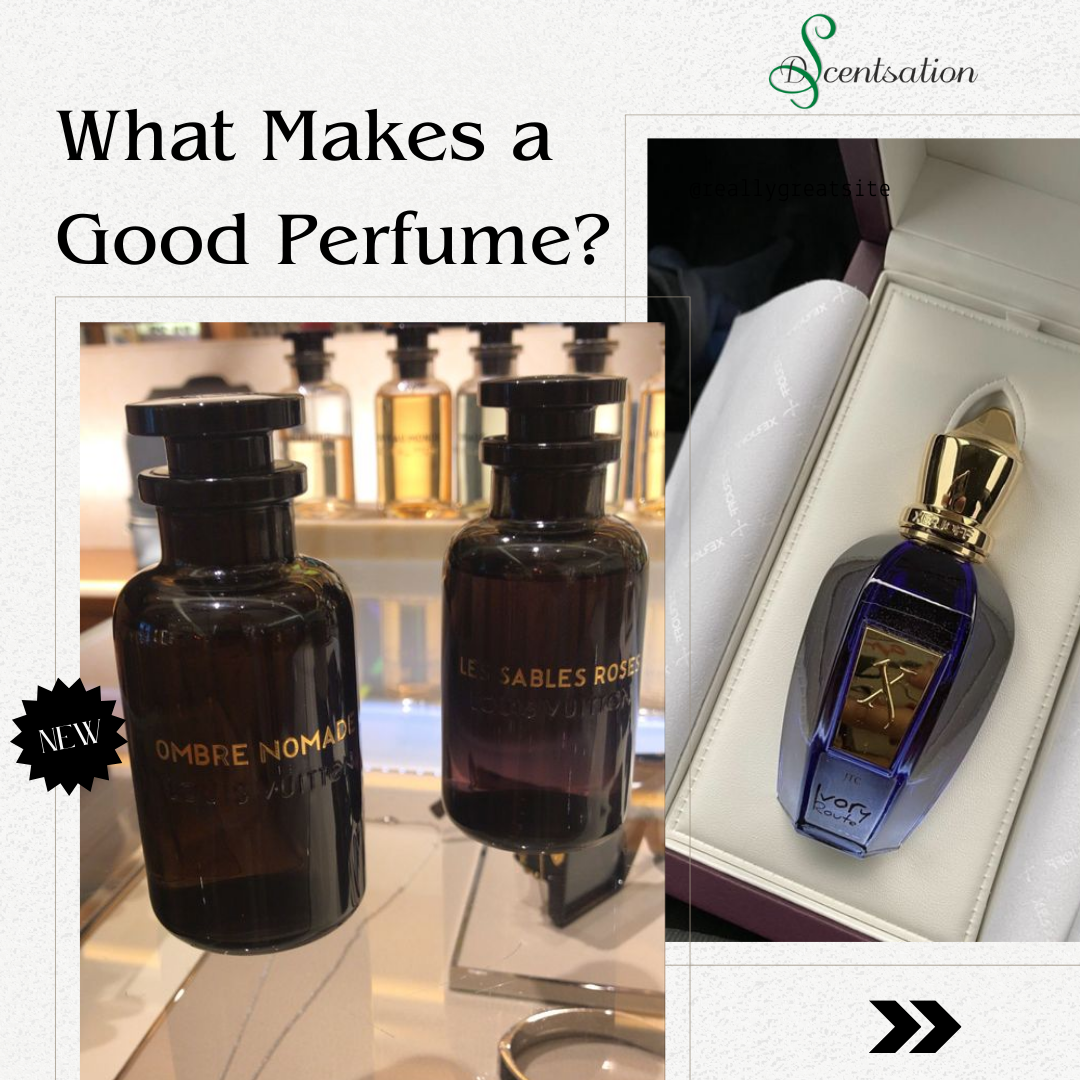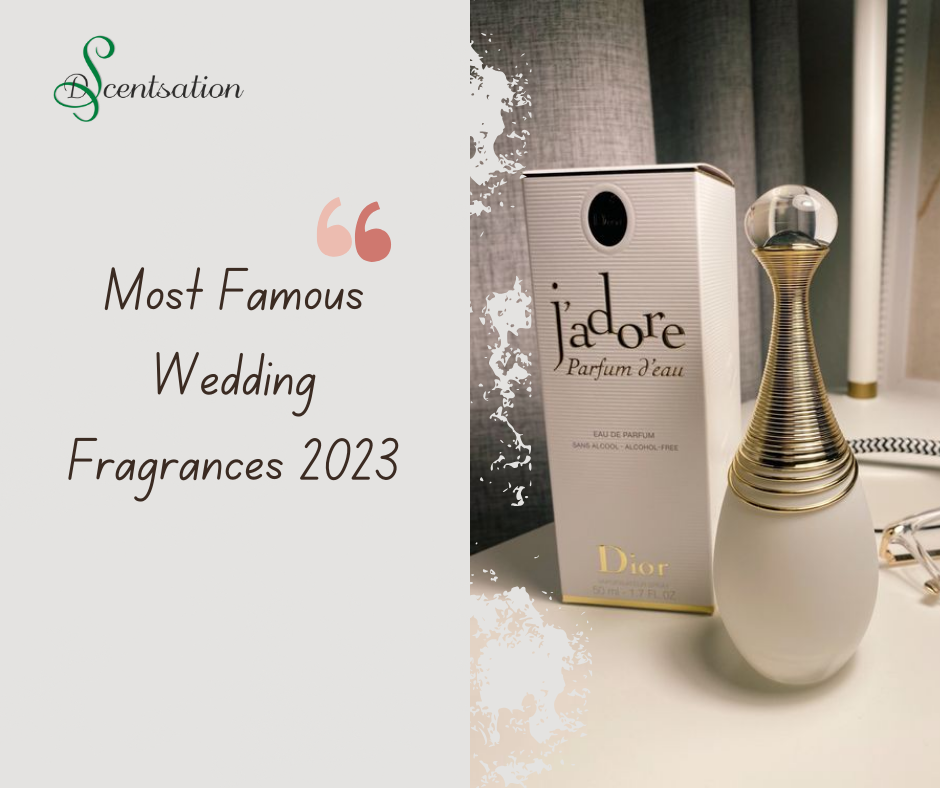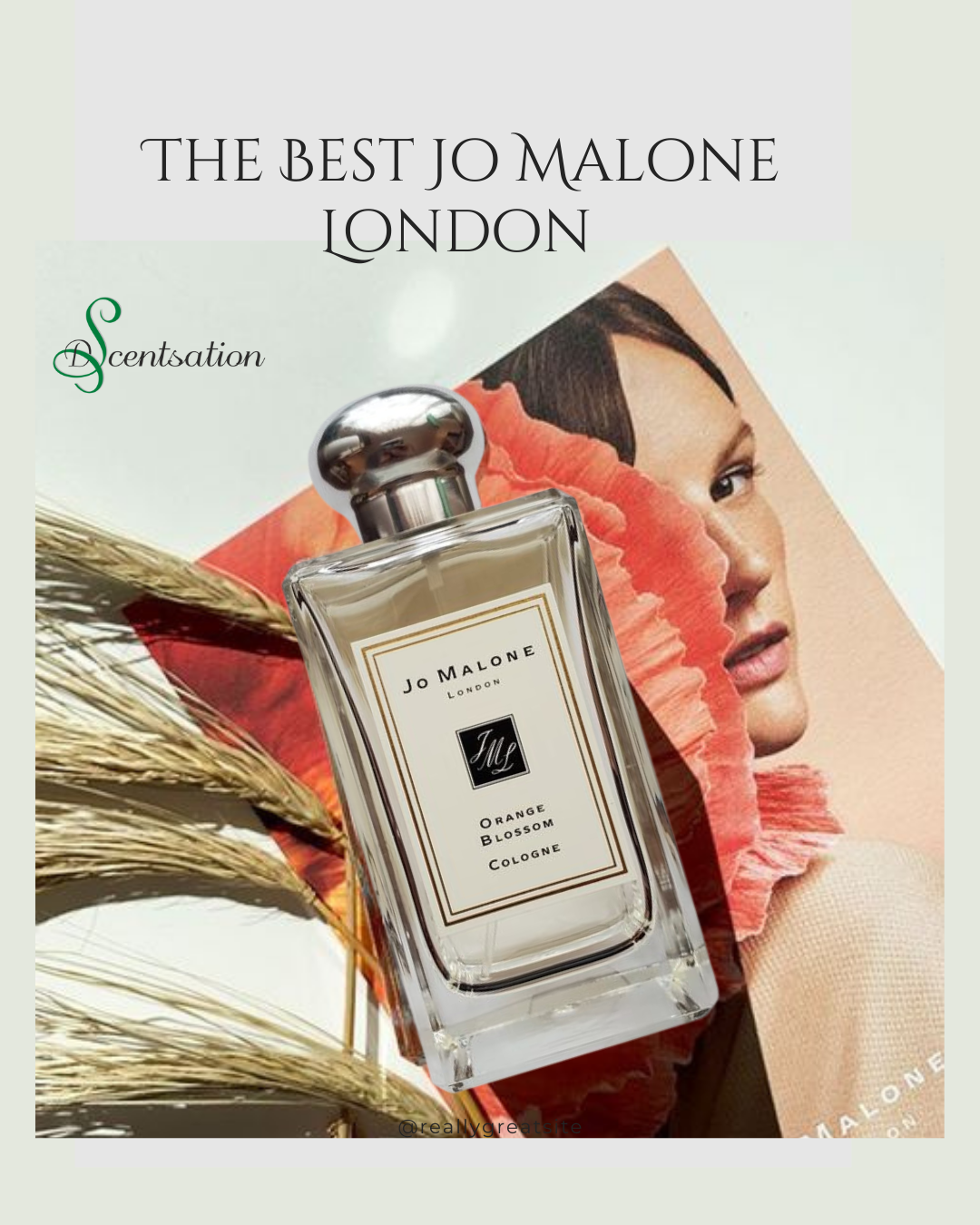What Makes a Good Perfume?

Perfumes are a popular way to enhance one's scent and create a lasting impression. With so many options available in the market, it can be overwhelming to choose the right one. But have you ever wondered what makes a nice perfume? In this blog post, we will explore the key factors that contribute to a high-quality fragrance.
Factor #1: Fragrance Notes
The first thing to consider when evaluating a designer perfume is its fragrance notes. These refer to the different ingredients used in the scent, which can be classified into three categories: top, middle, and base notes. Top notes provide the initial burst of fragrance, while middle notes emerge after the top notes fade away, and base notes linger on the skin for hours. A well-balanced blend of these notes creates a harmonious and long-lasting scent. Look for perfumes with complementary notes that suit your personal preferences, such as floral, citrus, or oriental.
Factor #2: Concentration of Fragrance Oils
Another important aspect of a good perfume is the concentration of fragrance oils. The higher the concentration, the more potent the scent will be. However, it's not always necessary to opt for the most concentrated option, as some fragrances can be too strong and overpowering. Eau de Toilette (EDT) is a popular choice for everyday wear, offering a light to moderate strength, while Eau de Parfum (EDP) is ideal for special occasions with its richer and longer-lasting formula.
Factor #3: Quality of Ingredients
The quality of ingredients used in a perfume greatly affects its overall performance. Natural ingredients like essential oils and absolutes offer unique and complex aromas, but they can also be expensive and difficult to source sustainably. Synthetic ingredients, on the other hand, are often more affordable and accessible, but may lack the depth and nuance of natural ingredients. Look for perfumes that use a combination of both natural and synthetic components to achieve a balanced and sophisticated scent.
Factor #4: Packaging and Presentation
While the fragrance itself is the most crucial aspect of a perfume, packaging and presentation play a significant role in enhancing the overall experience. Attractive bottles and elegant packaging can make a perfume feel luxurious and special. Additionally, consider the practicality of the bottle design – does it have an easy-to-use spray nozzle or cap? Is it travel-friendly? Pay attention to these details when choosing a perfume that suits your needs and style.
Factor 7: Seasonality
Seasonality plays a significant role in determining the best perfume for you. Different fragrances are suitable for different times of the year, and selecting a scent that matches the season can enhance its overall impact. Here are some guidelines to help you choose the perfect perfume for each season:
Spring:
- Opt for fresh, floral, and citrusy fragrances that evoke a sense of renewal and rejuvenation.
- Look for top notes of bergamot, lemon, grapefruit, and lavender, which are uplifting and refreshing.
- Consider lighter, more delicate fragrances that won't overpower the senses during the warmer months.
Summer:
- Choose fragrances that are light, airy, and evoke a sense of freedom and fun.
- Citrus, aquatic, and fruity scents are ideal for summer, as they create a feeling of coolness and refreshment.
- Look for fragrances with prominent notes of melon, peach, and pineapple, which are quintessential summer scents.
Autumn:
- As the weather cools down, opt for richer, deeper fragrances that evoke warmth and comfort.
- Spicy, woody, and oriental fragrances are perfect for autumn, as they create a cozy and inviting atmosphere.
- Look for fragrances with notes of cinnamon, cloves, and nutmeg, which are commonly associated with autumnal scents.
Winter:
- Select fragrances that are bold, intense, and dramatic, as they will provide a welcome contrast to the cold weather.
- Oriental, woody, and incense fragrances are well-suited for winter, as they offer a sense of warmth and opulence.
- Consider fragrances with notes of amber, vanilla, and Tonka bean, which add depth and sweetness to the scent.
By considering the season, you can choose a perfume that complements the time of year and creates a harmonious relationship between the fragrance and your surroundings.




Comments